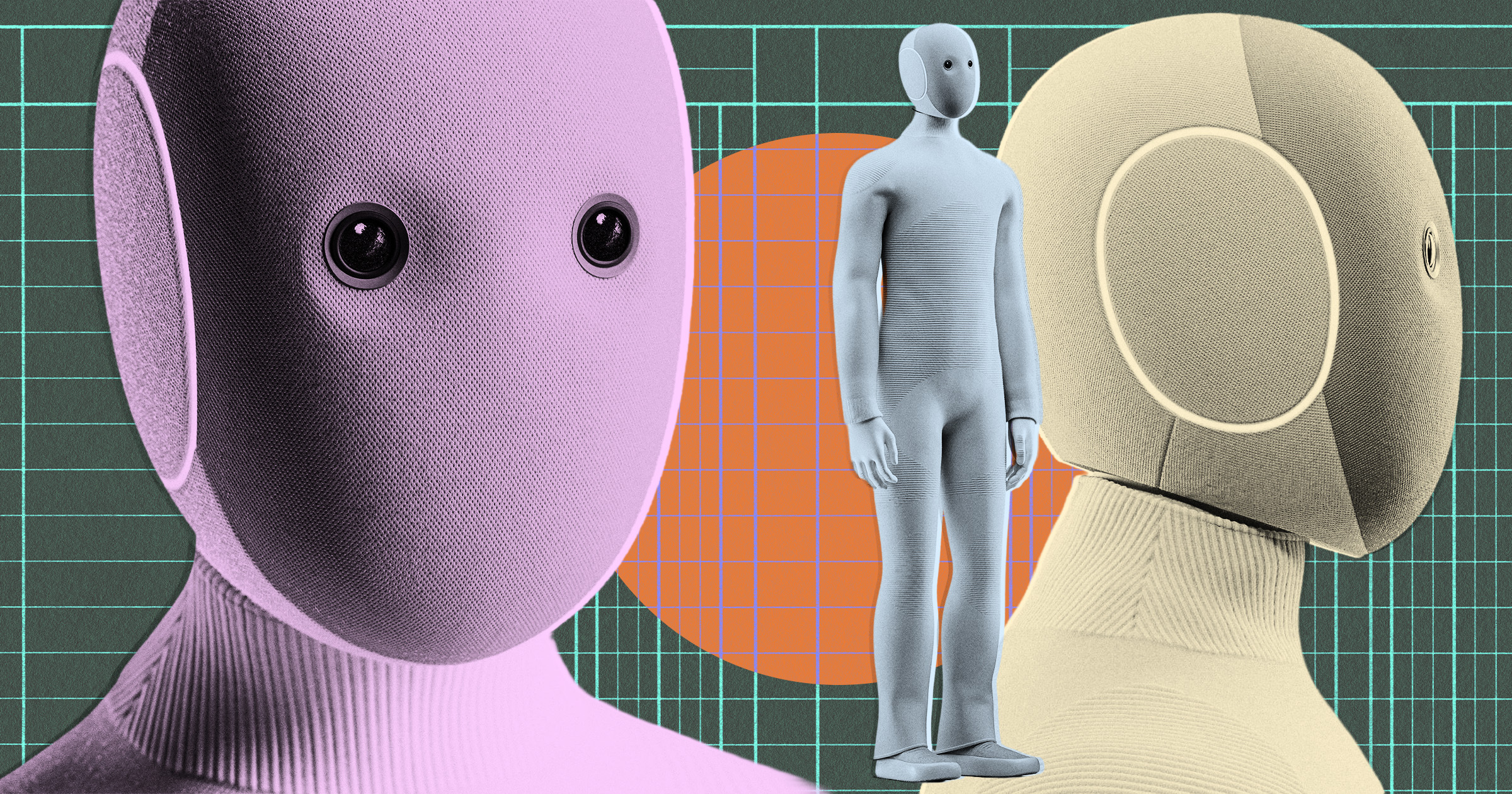The future of household chores is arriving in the form of the NEO robot, a new offering from Palo Alto-based startup 1X. Priced at $20,000, this robot servant is set to ship in 2026. However, potential buyers should be aware that the NEO is not fully autonomous; it relies on remote human operators to perform tasks, raising questions about privacy and practicality.
Weighing 66 pounds and standing at 5 feet 6 inches, the NEO features a soft, fabric-covered exterior, available in earthy tones such as tan, gray, and dark brown. Consumers can secure a preorder for just $200, followed by a subscription fee of $499 per month or a one-time payment for lifetime ownership.
The vision behind NEO is spearheaded by Bernt Børnich, the young founder and CEO of 1X. Børnich aims to create a more approachable and less intimidating version of robotic assistance, steering clear of the darker themes often associated with advanced technology. In an interview with the Wall Street Journal, Børnich emphasized the importance of user data, stating, “If we don’t have your data, we can’t make the product better.” This data will not only assist in teleoperations but also contribute to the robot’s artificial intelligence development.
Users will interact with NEO through a dedicated mobile app, allowing them to schedule and monitor tasks. This setup implies that while the robot may handle chores, it will do so under the supervision of a remote worker, potentially entering the privacy of users’ homes. This relationship raises significant concerns about security and data privacy, as homeowners will need to trust an unknown individual operating the robot from afar.
Despite its innovative approach, the NEO robot’s limitations highlight the ongoing challenges in humanoid robotics. Experts like tech journalist Michael Hiltzik have pointed out that even advanced robots struggle with basic household tasks, such as navigating complex home environments or safely handling fragile items. The NEO serves as a reminder that while the idea of a robotic helper is appealing, the reality is still far from the futuristic visions depicted in popular culture.
Projects like NEO and Tesla’s Optimus reflect the growing hype surrounding robotics, but they also indicate that the technology is more about generating interest and funding than delivering practical solutions. With significant advancements in industrial robotics, as seen in China, the field of humanoid robots remains a challenging frontier, dominated by ambitious tech entrepreneurs.
For now, consumers looking to ease their household burdens may find that conventional human assistance is still the most reliable option. The arrival of NEO raises both hopes and concerns about the future of robotics in daily life, leaving many to wonder when, or if, truly autonomous robotic helpers will become a reality.







